Amnesty International USA deployed a team of human rights observers to Ferguson, Missouri to monitor protests and law enforcement response in the wake of a grand jury decision not to indict police officer Darren Wilson for the shooting death of Michael Brown. While it is not possible to make sweeping conclusions still this early in a fluid situation, here is what we know has happened so far in Ferguson:
Tag Archives: right to organize
It’s been a Big Year for Uganda, For All the Wrong Reasons

By Emily McGranachan, Member of Amnesty International USA’s LGBT Human Rights Coordinating Group
While pundits in the U.S. lament the political stalemate on Capitol Hill, legislatures elsewhere have had a banner year. Take Uganda, for example, where no fewer than three major pieces of controversial and internationally scrutinized legislation were signed into law between August 2013 and February 2014: the Public Order Management Act (POMA), the Anti-Pornography Act (APA), and the now-nullified Anti-Homosexuality Act (AHA). This flurry of activity in the lead-up to Uganda’s 2016 elections legalized repressive and discriminatory policies.
Thanks to these three laws, restrictions on the rights to free expression, association and assembly for all Ugandans have intensified. SEE THE REST OF THIS POST
Declare Your Solidarity with Belgrade Pride 2014!
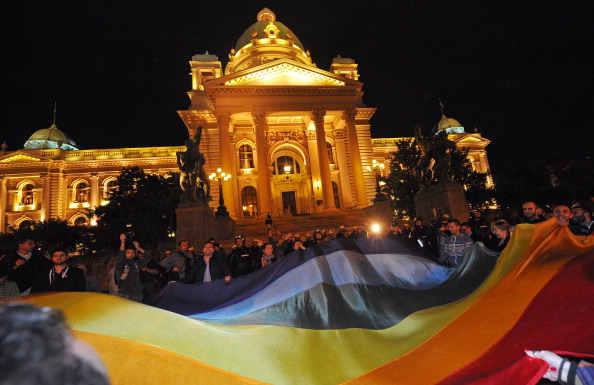
(ANDREJ ISAKOVIC/AFP/Getty Images)
By Andy Graan, Amnesty International USA Country Specialist for Serbia, Macedonia, and Western Europe
LGBT activists and supporters in Serbia have been working tirelessly to prepare for Belgrade Pride, scheduled for September 28. Despite annual efforts to celebrate Belgrade Pride, the 2014 parade, if held successfully, will mark only the third time in more than a decade that the event has actually occurred.
Tense Night In Ferguson: Update From the Amnesty Team
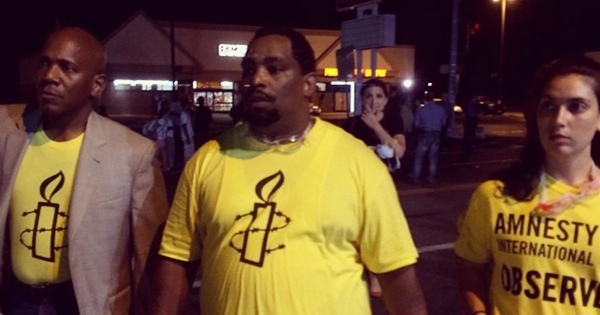
Amnesty delegates in Ferguson.
As Amnesty International delegates head into their second week monitoring the tense situation in Ferguson, they’re learning first-hand what protesters on the ground have been dealing with since tensions flared after the shooting of an unarmed teen.
Last night, Twitter followers asked whether the Amnesty team encountered any problems as they tried to leave Ferguson on police orders. The team sent in this account:
Last night in Ferguson, after 11:00 pm CT, police were on loudspeaker announcing that anyone who was not credentialed media must leave the area. The Amnesty observer delegation decided to leave. They walked to leave the area, which required them to move toward police who were holding guns. The Amnesty observers put their hands up proactively as a sign that they did not hold weapons and were not a threat. A police officer stopped them and told the first three observers to kneel, which they did. The observers explained to an officer that they were human rights observers who were leaving as requested and they were granted passage.
Dispatch from Ferguson: Why We Fight
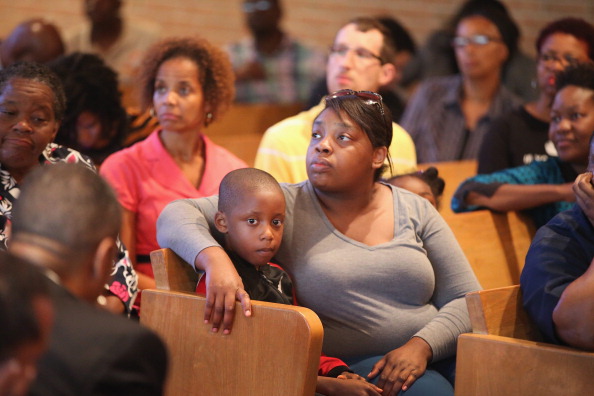
Residents and faith and community leaders discuss unrest in Ferguson following the shooting death of Michael Brown during a forum held at Christ the King UCC Church on August 14, 2014. ((Photo by Scott Olson/Getty Images)
By Rachel O’Leary, Amnesty Interntional USA Acting Deputy Executive Director for Membership Mobilization
On August 9, Michael Brown, an unarmed 18-year old, was shot dead by a six-year veteran of the Ferguson police force. The next day, the community organized protests condemning the actions of the police and demanding to know the name of the officer who shot and killed Michael. Those actions continue still, a week later.
The day after the shooting, I sent a text to my colleague at 3:30 AM. It read, “We need to go to Ferguson.” Later that week, I was on a plane, leading the Amnesty International USA human rights delegation to Ferguson, Missouri.
Amnesty International Stands with Ferguson Because All Lives Matter
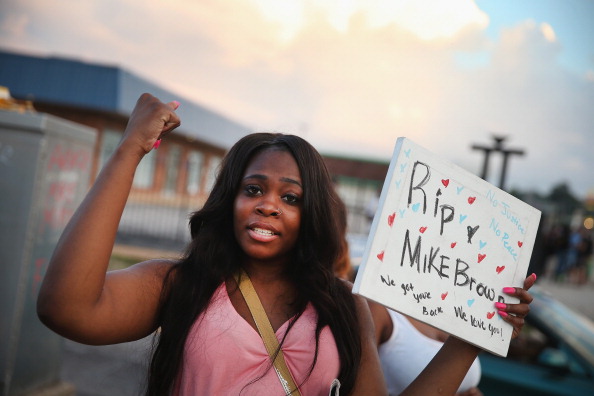
Arniesha Randall protests the killing of 18-year-old Michael Brown who was shot by police in Ferguson, Missouri. Police responded with tear gas and rubber bullets as residents and their supporters protested the shooting by police of an unarmed black teenager named Michael Brown (Photo Credit: Scott Olson/Getty Images).
By Muhammed Malik, Amnesty International USA Member
Today, people across the country attended vigils and solidarity actions to mourn the victims of police brutality, a problem that has gripped this nation for far too long.
A few days ago, a police officer in Ferguson, Missouri confronted Michael Brown – a teenager who was full of promise and who had his whole life ahead of him. There are conflicting reports about what happened next, but the end result was the officer shooting the unarmed Brown.
The Anniversary the United Arab Emirates Wants You to Ignore
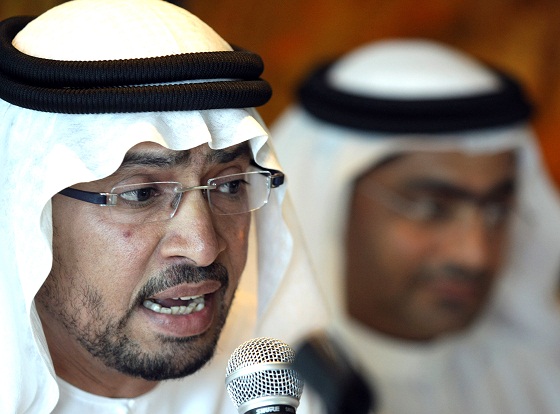
Dr. Mohamed al-Mansoori is among those detained for political dissent in the UAE (Photo Credit: Karim Sahib/AFP/Getty Images).
There’s an anniversary this week in the United Arab Emirates (UAE) that its government wants the world to ignore.
The country has the reputation as being the “welcoming and open” Middle Eastern country, and the government works hard to burnish that image around the world. UAE political reformers know better, and a year ago, a trial of 94 government critics exposed the reality that dissent is muzzled and political freedom severely limited.
SEE THE REST OF THIS POST
Missing Guests – The U.S. Africa Summit
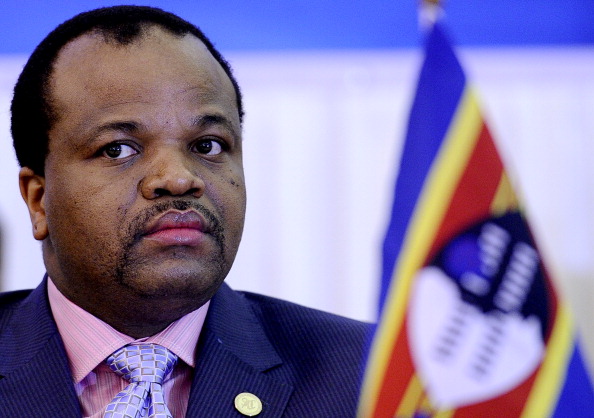
Swaziland’s King Mswati III is one of nearly 40 heads of state on the guest list for President Obama’s U.S.-Africa Leaders Summit (Photo Credit: Stephane de Sakutkin/AFP/Getty Images).
Johanna Lee contributed to this post.
Starting August 4, the Obama Administration will host a mini replica of an African Union (AU) summit. As many as 40 heads of state from the continent will be on hand for the U.S.-Africa Leaders Summit, a conference that will look at ways to boost trade and investment in the continent, tap into Africa’s burgeoning youth population, and promote good governance.
The idea for such a summit is laudable, considering the critical issues that will be discussed – issues that will continue to be key challenges for both Africa and U.S. policy towards the continent and as part of addressing the chronic need to raise educate the public about the realities of the different countries that make up Africa, unknown success stories and it’s untapped economic potential.
Unfortunately, unless a major change is made, the summit risks simply becoming an AU heads of state road trip with a photo-op at the end to confirm that they visited Washington before returning home.
How Egypt’s New Regime is Silencing Civil Society
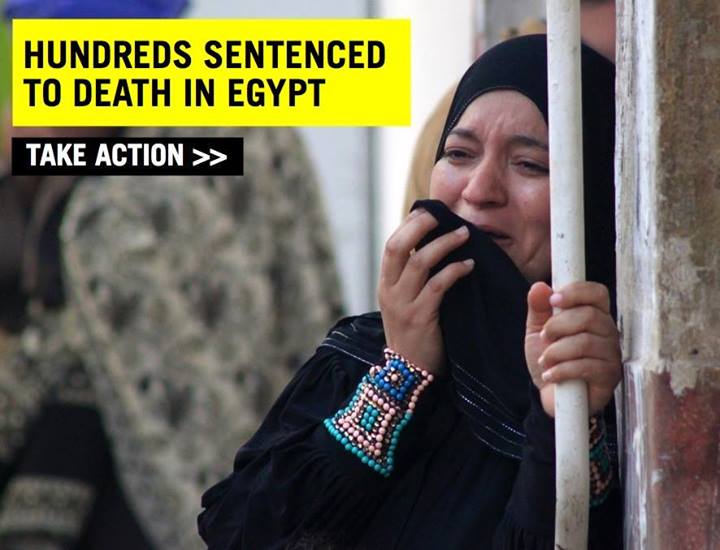
Somewhere in Egypt, Hosni Mubarak must be smiling, knowing that three years after his downfall, he has won after all.
After three decades of muzzling civil society, of harassing, detaining and torturing political activists, scholars, journalists, lawyers, doctors and regular citizens of all stripes, Mubarak never was able to accomplish what the new regime has achieved in a matter of months.
UPDATE: Formal Ruling on Egypt’s Mass Death Sentences Set for Tomorrow
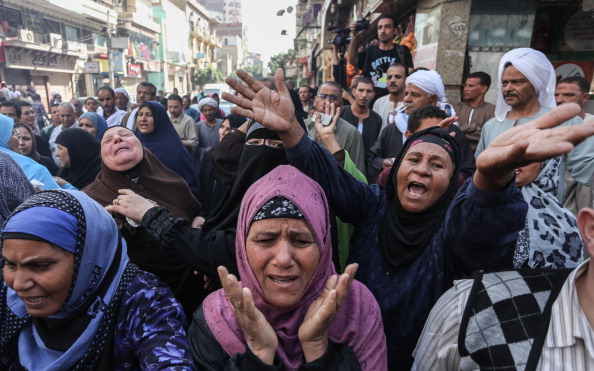
Relatives of the defendants react after an Egyptian court sentenced 638 Morsi backers to death in a mass trial in Egypt (Photo Credit: Ahmed Ismail/Anadolu Agency/Getty Images).
Lives are always at stake when the death penalty is involved. But when the new el-Sisi government is preparing to execute 683 Egyptians, something even more is at stake: the future of the Egyptian judiciary.
On Saturday, an Egyptian court will formally rule on the initial 683 death sentences handed out in April in a case involving the death of a police officer in the August 2013 protests that followed the removal of President Muhamad Morsi. The sentence followed only by a matter of days a second, similar case in which 528 Egyptians were given the death penalty.